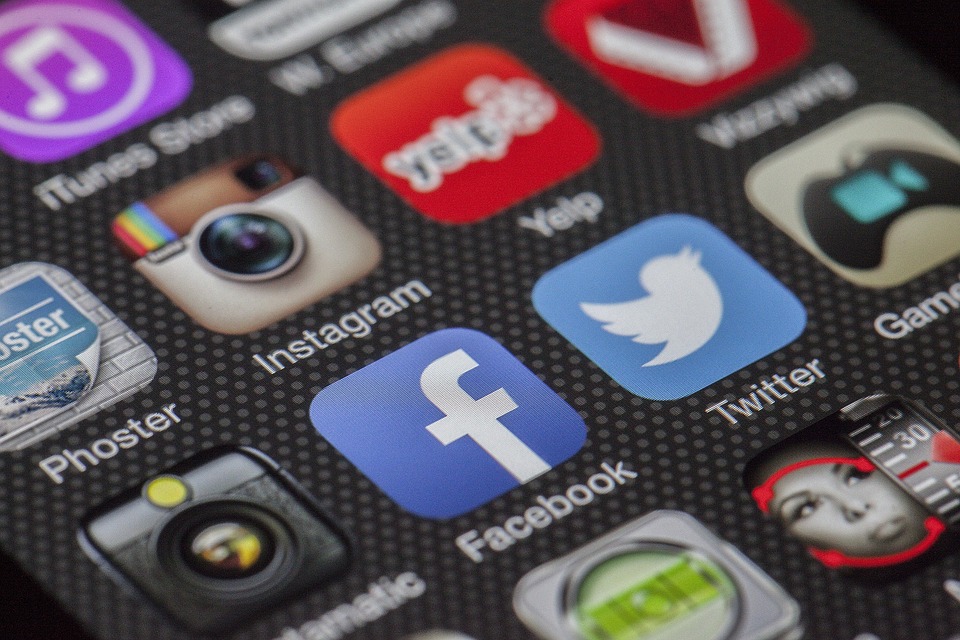
Bottom Line:
Misinformation concerning the COVID-19 pandemic is prevalent on social media, and can have serious public health implications.
Reference:
Islam, M. S et al. COVID-19–related Infodemic and its impact on public health: A global social media analysis. The American Journal of Tropical Medicine and Hygiene (2020). https://doi.org/10.4269/ajtmh.20-0812
Date Published:
10 August 2020
Synopsis:
A lot of misinformation about the COVID-19 pandemic has been disseminated through social media. To track rumours that have been spread during the pandemic in an effort to dispel misinformation and reduce stigma, researchers collected data on COVID-19 related rumours, stigma, and conspiracy theories from online platforms (e.g. Facebook, Twitter, online newspapers) and their impact on public health between December 31, 2019 and April 5, 2020. Within approximately three months, they identified 2,311 reports containing rumours, stigma, and conspiracy theories in 25 languages from 87 countries. 82% of the claims made in these reports were false. The findings from this study highlight the need to track and prevent misinformation fueled by rumours, stigma, and conspiracy theories during the pandemic, as they can have serious public health implications if they are prioritized over evidence-based health guidelines.
Summary by: Louis Huynh
